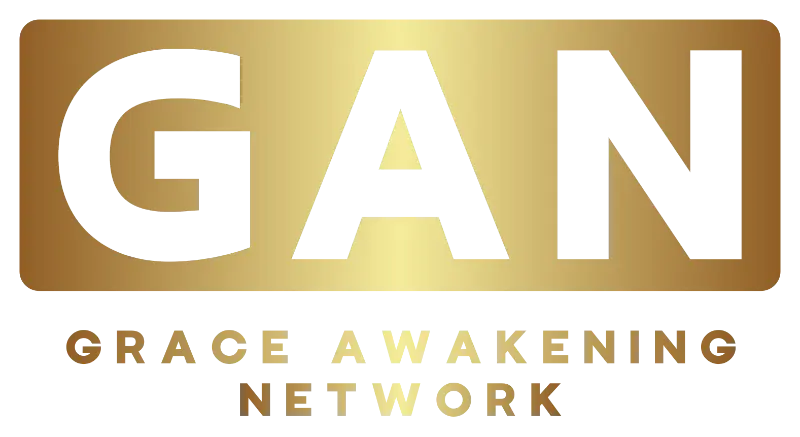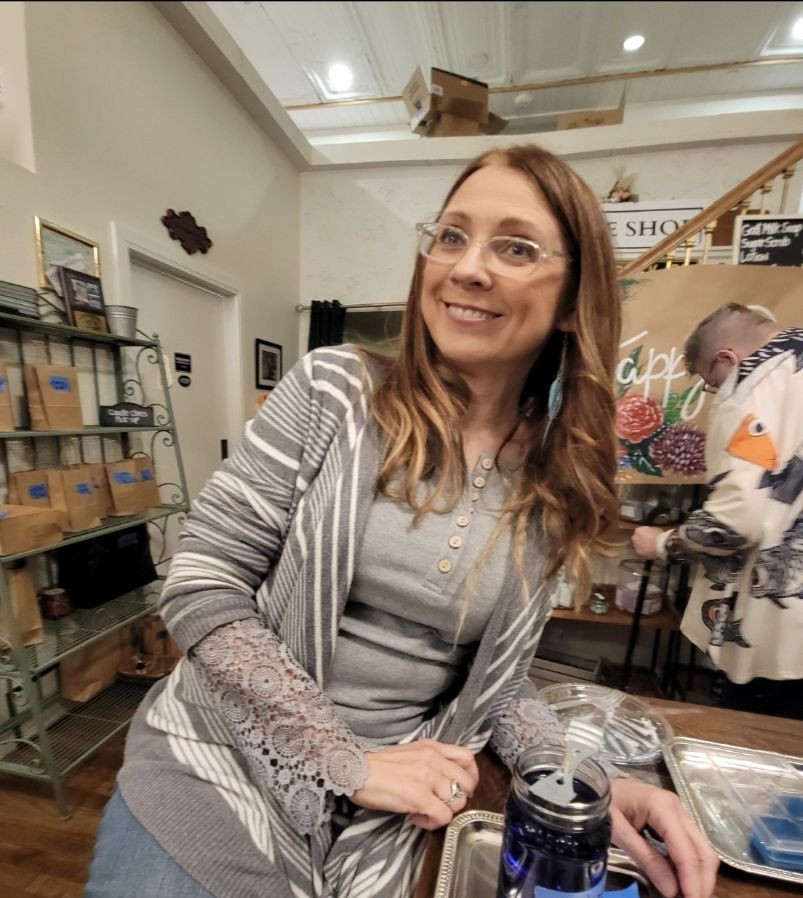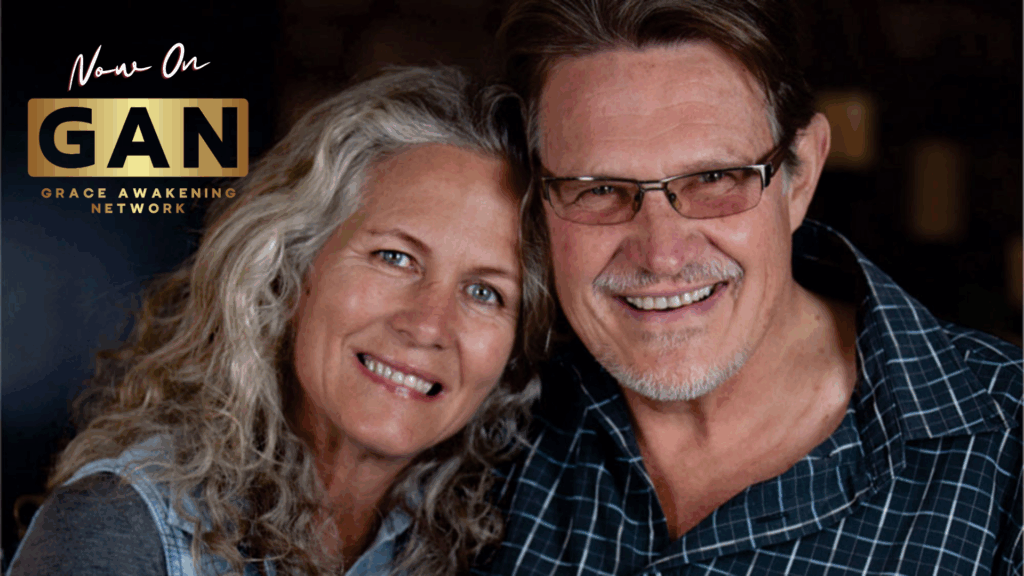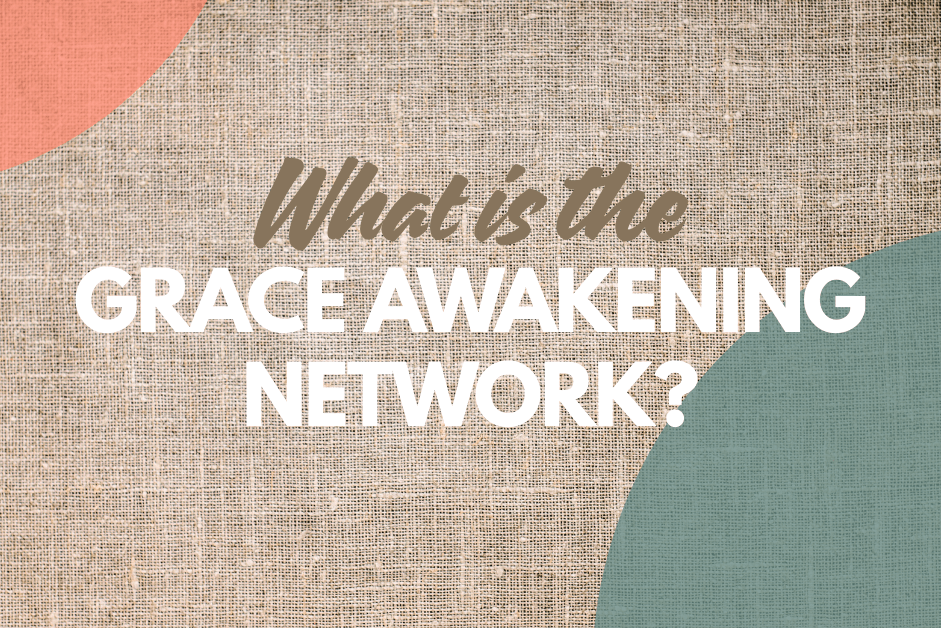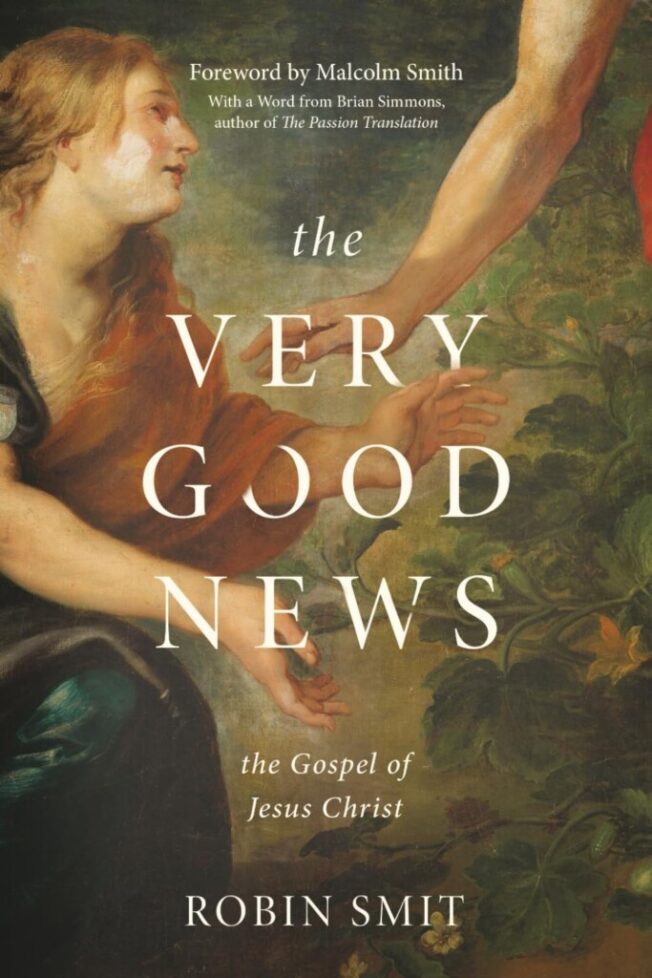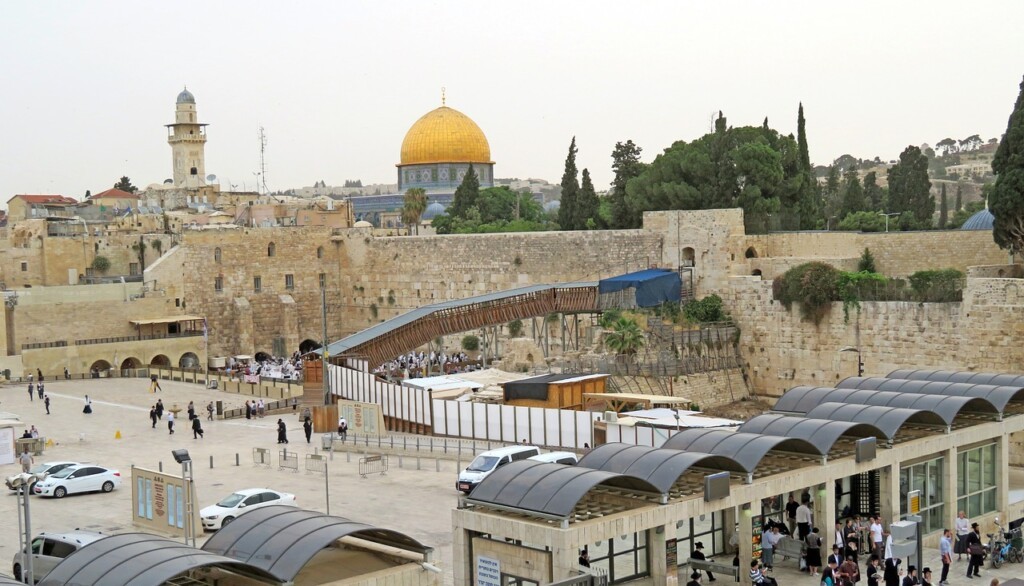What if the paradigm you’ve been taught to believe your whole life was actually keeping you from experiencing the very freedom it promised?
For Claryssa Medina, the journey of faith has been anything but linear. Raised in the heart of 1970s and 1980s Baptist culture, her early spiritual formation was steeped in rules, reverence, and the ever-present anticipation of an angry God. “Very Baptist,” she says with a kind of knowing sigh—“and all the trappings that come with it.”
When Law Becomes a Cage: Unraveling the Faith We Inherited
But what happens when you follow the rules, do all the right things, and still feel like something is missing?
For Claryssa, that question didn’t go away—it deepened. In her late 30s, she left behind the traditions of the Baptist church and entered the world of Messianic Judaism. It was a bold and intentional leap: a full embrace of Torah-keeping, Jewish holidays, and ancient cultural traditions that seemed to offer a purer, more original path. Yet, even as she exchanged one set of religious expectations for another, something still didn’t sit right.
“My church experience, and much more so my Messianic Jewish experience, was dependent upon an angry God that still has wrath stored up for the world…”
Her words point to a deeper dissonance—a theological posture rooted in fear, judgment, and separation. Though clothed in different garments, both traditions ultimately left her chasing approval and fearing rejection.

A Slow Unraveling: The Deconstruction of Law-Based Belief
There was no single dramatic awakening. No thunderclap. No lightning bolt of clarity. Instead, Claryssa recalls “a series of many small moments.” Quiet nudges. Unanswered questions. Deep discomforts. Tiny cracks that gradually widened the more she leaned in.
Bit by bit, she began to deconstruct the frameworks she had inherited—rapture theology, tribulation timelines, the wrath of God narrative, law-based righteousness. These doctrines, while often well-meaning, had confined her into living a story of delay and distance. They painted a God who loved conditionally, and a future that required surviving great judgment before stepping into peace.
“I’ve lived in the rapture paradigm as well as the tribulation paradigm… in a Christian perspective and a Jewish perspective… but the Kingdom perspective is the only paradigm that is 100% expansive and without ‘law.’”
Her deconstruction wasn’t just intellectual—it was relational. The process of letting go of one system, law-based, fear-based and restrictive and embracing true liberty in Christ can feel like a spiritual tightrope walk at times. It can even feel like tension. But even in the tension, she finds grace to move forward because in the kingdom, there is such freedom living daily in righteousness, peace and joy.
From Law to Liberty: Discovering the Kingdom Within
Today, Claryssa walks in what she calls the Kingdom stream—a reality not based on waiting for heaven, fearing wrath, or striving under the weight of religious law. It’s an awakened life of now, not not yet—of divine participation, not distant expectation.
“We are in this world as He is—with 100% authority and power to act and look as Yeshua acted and looked, and bring the goodness of God to all humanity.”
To Claryssa, this is not about abandoning faith but embracing its truest form—unhindered, liberated, and infused with present-tense divine union. It’s a freedom that doesn’t require another sacrifice, ritual, or performance. It’s a life where “as He is, so are we in this world.”
The Kingdom she now lives from is not a reward at the end of suffering. It is the unveiling of who we’ve always been—loved, included, empowered. Law told her she must do more to be accepted. Liberty whispered she already is.
This paradigm shift changed everything. No longer driven by fear of missing the rapture or failing to fulfill Torah commands, Claryssa discovered the joy of simply being—of trusting the indwelling Christ to live through her. It’s not passive—it’s powerful. It’s not lawless—it’s love-full.
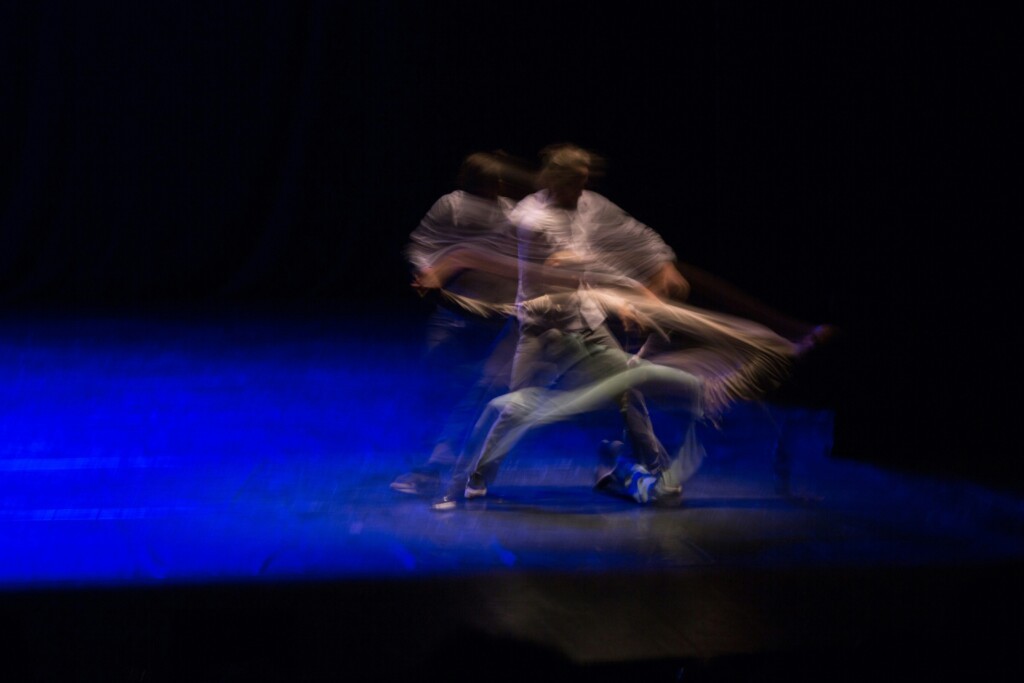
Your Turn: Trading Performance for Presence
Claryssa’s story invites a deep and necessary question: What if the things we’ve been told to fear about God are the very things He came to free us from?
For anyone wrestling with their faith tradition—burnt out by church, weighed down by rules, entangled in end-times anxiety—her story offers something far more than critique. It offers a way forward.
Her testimony is not a tale of rebellion, but of rebirth. Not a rejection of God, but a rediscovery of the God who is infinitely better than we imagined—one who doesn’t demand distance, but delights in nearness.
Her story doesn’t end in the temple or the church building. It begins now—in the stillness of knowing that you are already included, already empowered, and already home.
So what about you?
Are you ready to examine the paradigms you’ve inherited? To ask if they are bringing you life—or just more effort, fear, and striving?
Here’s a starting point:
- What teachings have shaped how you view God?
- Do they create fear or freedom?
- Are you living to earn God’s approval—or from the knowing that you already have it?
Maybe today is the day to trade law for liberty.
If Claryssa’s journey resonates with yours, consider exploring the Kingdom stream perspective. Let her story encourage you to loosen your grip on systems that keep you small and embrace the wild, boundless love of a God who has always been for you.
Because maybe freedom isn’t found in a system—but in finally letting go of one.
Connect to Claryssa at ClaryssaJMedina.com by clicking: HERE
GAN TV RECOMMENDED TO WATCH:
- Rooted: Exposed in Love with Nicole Potter Click Here to Watch ⇒ Religion vs Relationship
- The Kingdom Is For Everyone with Matthew Hester – Episode 20: Click Here to Watch ⇒ The Ancient New Part One
Dr. Matt Pandel, No Exceptions Ministries from his Early Church History Series The Apostles’ Creed— The Judgement of God?
Click Below to Watch:
